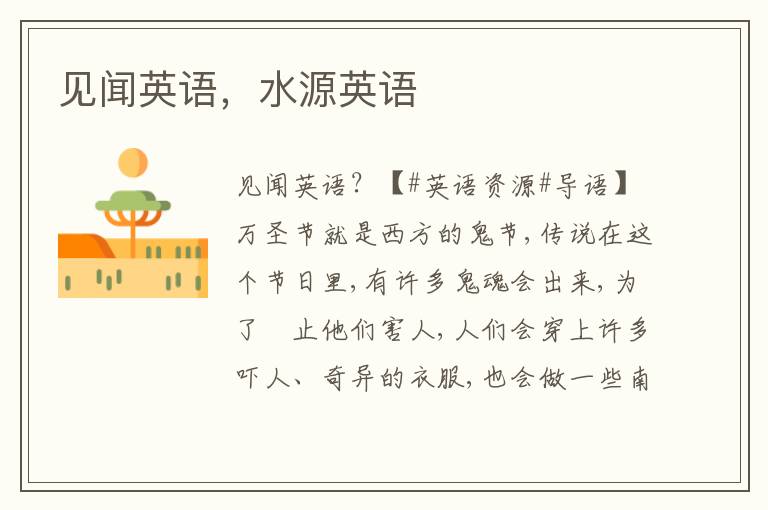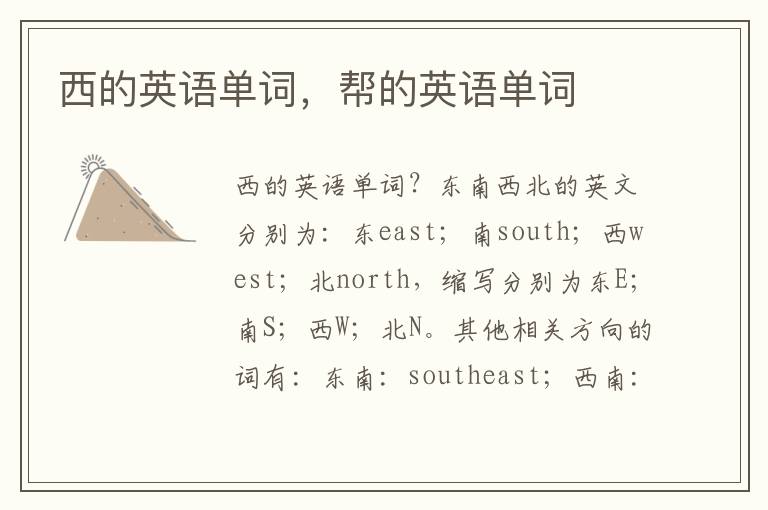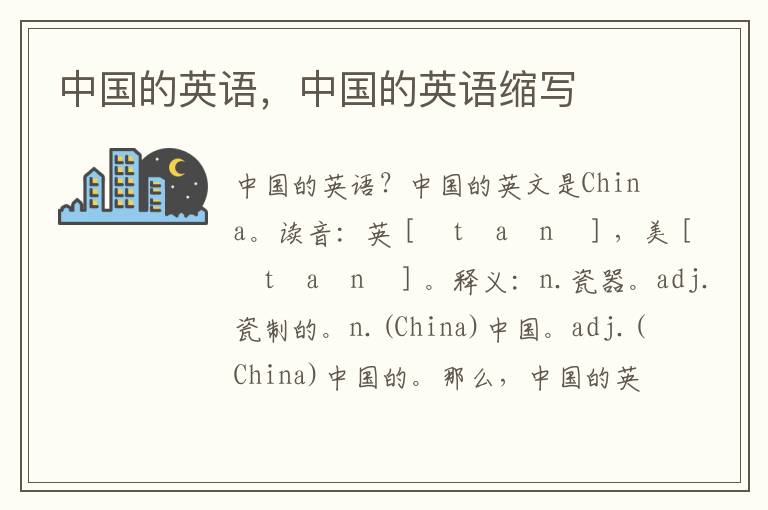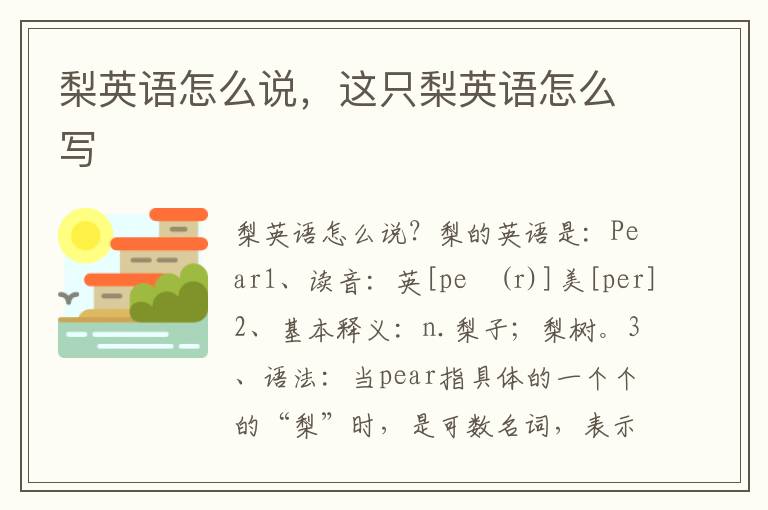【简介】感谢网友“雕龙文库”参与投稿,这里小编给大家分享一些,方便大家学习。
65. In this memorandum, the vice president of Road Food suggests that the company
motivate its advertising agency to perform better by basing the agencys pay on the
Road Foods profits. In support of this suggestion, the vice president points out that
although Road Food initially thought the ad agency was following company
recommendations, competitor-Street Eats earned higher profits last year. The vice
president also notes that Street Eats has fewer restaurants than Road Food, and that
Road Food spent nearly as much money on advertising as Street Eats did. This
argument is unconvincing, since it relies on dubious assumptions and comparisons.
First, the vice president assumes that the ad campaign caused the low profits.
However, the vice president ignores many other factors that contribute to profitability.
In particular, the fact that Road Food has been spending less advertising money per
restaurant than Street Eats suggests that its unwillingness to spend more may be the
main reason for disappointing profits.
Second, the author implies that the ad agency failed to implement Road Foods
guidelines, and that this failure was the reason for disappointing profits. However, it is
equally possible that the ad agency faithfully followed all suggestions from Road Food,
and that those suggestions were the cause of the disappointing profits. In this respect,
the author unfairly shifts blame from Road Food to the ad agency.
Third, the authors comparison between Road Food and Street Eats is less relevant
than a comparison between Road Foods own profits prior to its latest ad campaign and
its profits during this campaign. Comparing its own profits during these time periods
would more accurately reflect the ad agencys effectiveness than comparing profits of
two different companies.
Finally, the author assumes that the ad agency will be more motivated if its fee is
based on Road Food profits. However, the author does not support this claim. In fact,
given that Road Foods profits have been lower than expected, it is just as likely that the
ad agency would be less motivated by the suggested fee structure than by some other
fee structure.
In conclusion, the argument is unconvincing as it stands. To strengthen it, the vice
president must provide evidence that the ad campaign caused last years disappointing
profits, and must examine and rule out other factors that may have contributed to
disappointing profits.
65. In this memorandum, the vice president of Road Food suggests that the company
motivate its advertising agency to perform better by basing the agencys pay on the
Road Foods profits. In support of this suggestion, the vice president points out that
although Road Food initially thought the ad agency was following company
recommendations, competitor-Street Eats earned higher profits last year. The vice
president also notes that Street Eats has fewer restaurants than Road Food, and that
Road Food spent nearly as much money on advertising as Street Eats did. This
argument is unconvincing, since it relies on dubious assumptions and comparisons.
First, the vice president assumes that the ad campaign caused the low profits.
However, the vice president ignores many other factors that contribute to profitability.
In particular, the fact that Road Food has been spending less advertising money per
restaurant than Street Eats suggests that its unwillingness to spend more may be the
main reason for disappointing profits.
Second, the author implies that the ad agency failed to implement Road Foods
guidelines, and that this failure was the reason for disappointing profits. However, it is
equally possible that the ad agency faithfully followed all suggestions from Road Food,
and that those suggestions were the cause of the disappointing profits. In this respect,
the author unfairly shifts blame from Road Food to the ad agency.
Third, the authors comparison between Road Food and Street Eats is less relevant
than a comparison between Road Foods own profits prior to its latest ad campaign and
its profits during this campaign. Comparing its own profits during these time periods
would more accurately reflect the ad agencys effectiveness than comparing profits of
two different companies.
Finally, the author assumes that the ad agency will be more motivated if its fee is
based on Road Food profits. However, the author does not support this claim. In fact,
given that Road Foods profits have been lower than expected, it is just as likely that the
ad agency would be less motivated by the suggested fee structure than by some other
fee structure.
In conclusion, the argument is unconvincing as it stands. To strengthen it, the vice
president must provide evidence that the ad campaign caused last years disappointing
profits, and must examine and rule out other factors that may have contributed to
disappointing profits.









